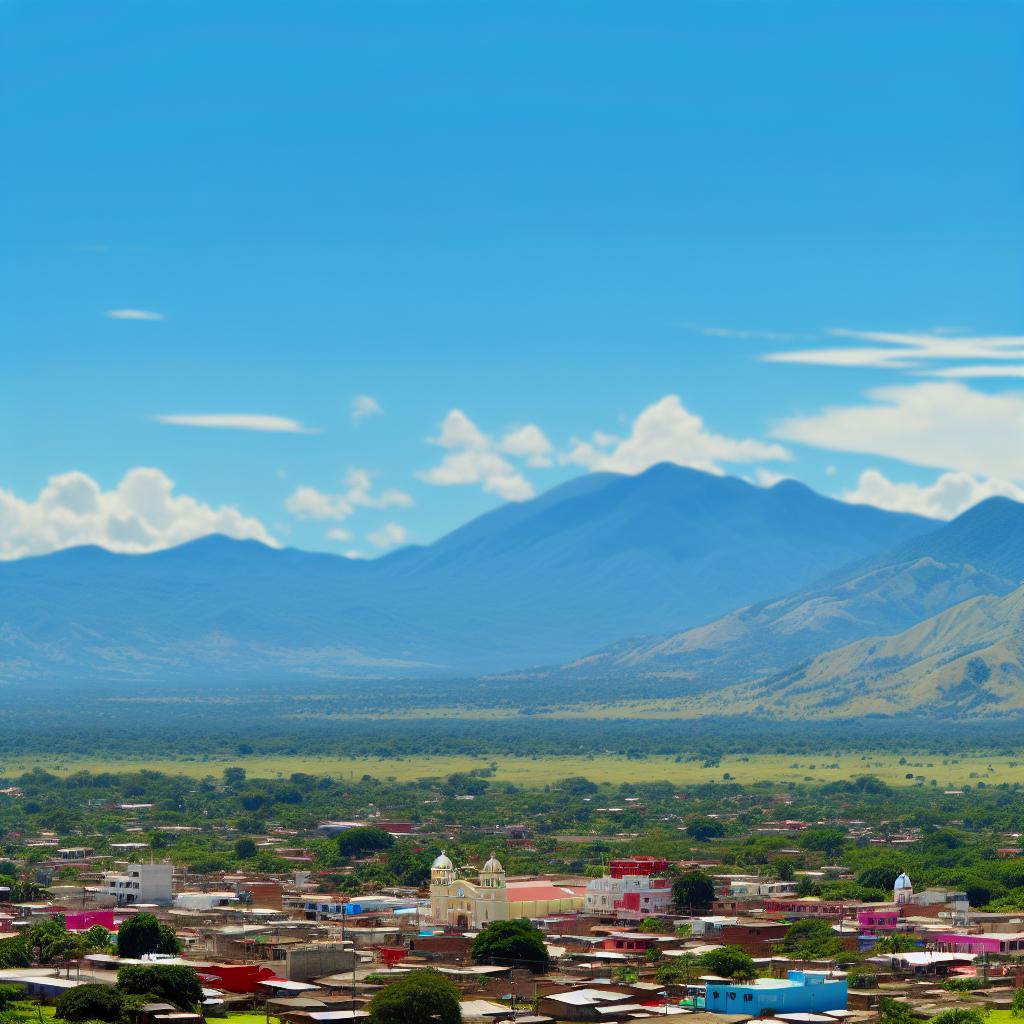Contents
Zacapa: An Overview
Zacapa is a fascinating department in eastern Guatemala, renowned for its distinct geographical and cultural attributes. The city of Zacapa not only serves as its capital but also acts as the administrative and economic hub. This department embodies a unique blend of natural beauty and cultural diversity, offering much to explore and appreciate.
Geography and Climate
Zacapa stands out for its varied topography, encompassing mountainous areas, fertile valleys, and semi-arid regions. The landscape is marked by the prominent Motagua Valley, which is often noted for its hot and dry conditions. This diversity in geography and climate significantly influences the region’s agricultural activities and economic dynamics.
Climate
The climate in Zacapa varies, transitioning from tropical environments to drier conditions in certain areas. The department experiences a dry season from November to April, which is characterized by minimal rainfall and warm temperatures. Conversely, the rainy season spans from May to October, bringing more moderate temperatures and occasional heavy rainfall. These climatic distinctions render Zacapa especially conducive to specific agricultural practices, particularly the cultivation of melons, tobacco, and livestock farming.
Impact of Earthquakes
Situated along the Motagua Fault, Zacapa has experienced considerable seismic activity over the years. The Motagua Fault is part of the larger network of faults in the region, which makes it prone to earthquakes. Historical records recount several significant seismic events that have shaped the region’s landscape and affected its infrastructure.
One of the most notable earthquakes occurred in 1976, impacting not only Zacapa but also much of Guatemala. This earthquake caused extensive damage, leading to the loss of lives and the destruction of various buildings and infrastructure. In Zacapa, the earthquake underscored the vulnerability of existing structures to seismic events, prompting efforts to enhance building codes and construction practices.
The recovery from these seismic events often involves substantial community resilience, resource mobilization, and governmental intervention. The experience of enduring earthquakes has fostered a greater emphasis on preparedness and mitigation strategies, which are essential in minimizing future risks.
Economy
Zacapa’s economy primarily hinges on agriculture, trade, and service sectors. The department’s strategic positioning along the Motagua River has long facilitated trade routes and transportation networks, contributing to economic growth. Agriculture remains at the forefront, with significant contributions from cattle farming, vegetable cultivation, and fruit production. Although industrial activities are not predominant, they have been witnessing a steady growth trajectory in recent times.
The agricultural sector benefits immensely from the region’s climatic conditions, supporting the growth of crops like melons and tobacco which thrive in the area’s specific climate zones. Livestock farming is another pivotal aspect, with cattle being one of the main products.
Cultural Significance
Zacapa is rich in cultural heritage, manifesting through its traditional festivals, vibrant crafts, and artistic expressions. Diverse cultural influences are evident in the customs, music, dance, and culinary traditions celebrated by the local population, underscoring a blend of indigenous and colonial influences.
Artisan Crafts
Local artisans are renowned for their craftsmanship, creating textiles, ceramics, and wooden artifacts often using time-honored techniques. These crafts are celebrated for their intricate designs and reflect practical as well as aesthetic aspects of daily life. Artisanal markets throughout the region showcase the creative energy and cultural depth of Zacapa’s inhabitants, drawing both locals and tourists to appreciate and purchase these unique items.
Learn More
For those interested in delving deeper into Zacapa’s rich heritage, geographical features, and economic activities, several resources are available. Exploring local government publications can provide data on economic developments and civic projects. News portals focusing on regional activities offer insights into current events and trends. Additionally, visiting tourism websites dedicated to Zacapa can enrich your understanding of travel opportunities and cultural experiences within the department, providing a comprehensive view of all that Zacapa has to offer.
Understanding Zacapa in its entirety reveals the complexities of a region shaped by its geography, climate, cultural practices, and resilience in the face of natural adversities such as earthquakes. This department is a microcosm of broader regional dynamics in Guatemala, marked by both challenges and opportunities for growth and development.
